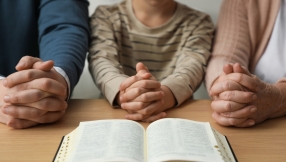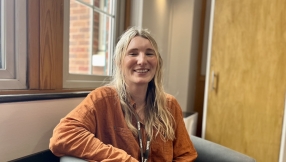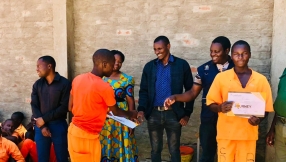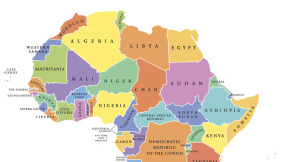Church leaders in South Sudan have issued a Christmas message of hope and a paper containing a 'road map' for resolving the country's long-running conflict.
South Sudan descended into civil war in December 2013 when President Salva Kiir accused his former deputy Riek Machar of plotting a coup only two years after the nation gained independence from its northern neighbour, Sudan.
In its Advent and Christmas message the SSCC says: 'Advent begins with the invitation to joy, because "the Lord comes", because he comes to save us. The words of the Prophet Isaiah addressed the people of Israel in their exile in Babylon after the temple in Jerusalem was destroyed.
'The Israelites were uncertain about their return to the Holy City which remained in ruins. The Prophet Isaiah encourages them that the Lord is coming, and he will bring light, he will dispel darkness and restore light with his presence. He urges them to abandon sorrow and despair, lift up their hearts because the Lord is at hand.'
According to the South Sudan Council of Churches (SSCC), which comprises traditional Protestants, Roman Catholics, Evangelicals, Pentecostals and Orthodox, human rights are being abused at every level. People are being killed, women and men are raped, children recruited into armed groups, while security organs are apparently acting above the law.
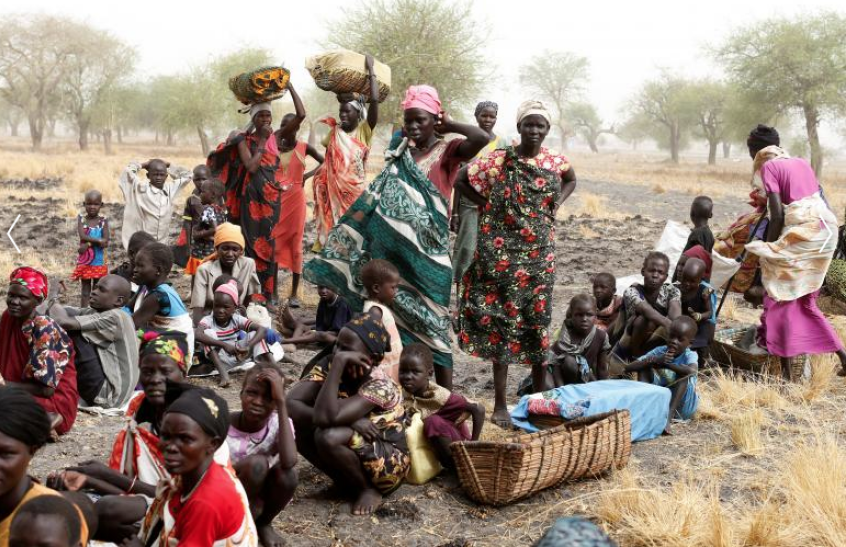
Also commonplace are armed robbery, arbitrary arrests with often delayed judicial processes and a shrinking space for citizens, journalists and civil society to speak out.
It says in its paper: 'The rapidly deteriorating economic situation coupled with the halting of most developmental projects and investments has led to extreme hardship for most ordinary citizens.
'The war and violent conflicts have driven millions from their home and made them extremely vulnerable.'
It calls for a focus on advocacy, establishing safe spaces to repair relationships, reconciliation and organisational strengthening.
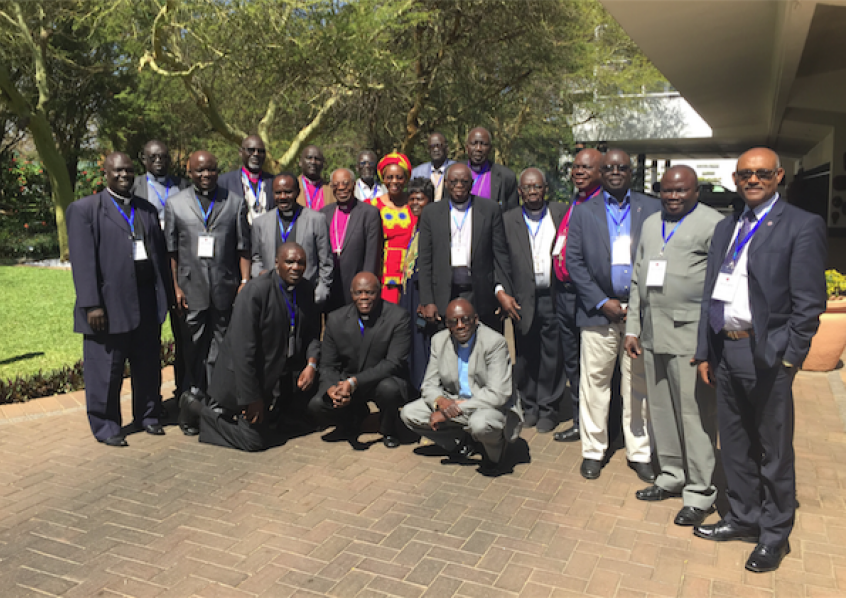
The United States, the biggest aid provider to South Sudan, threatened at the United Nations Security Council on November 28 to take unspecified measures against the government unless it moves to end the war and stop harassing UN peacekeepers and aid workers.










